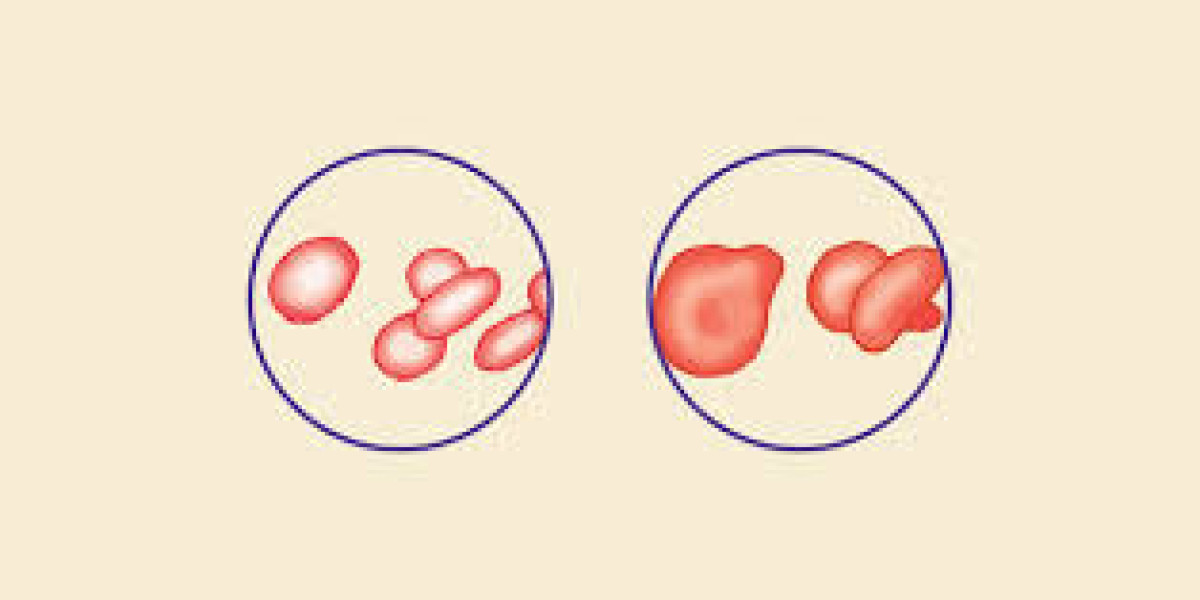Anemia can have a significant effect on a woman's physical and mental health. The lack of oxygen reaching the body's tissues can lead to various complications, especially if left untreated.
Heamclas-FCM Injection is a medication used to treat iron deficiency anemia, especially in cases where oral iron supplements are ineffective or not well tolerated. It contains ferric carboxymaltose, a form of intravenous iron that helps replenish iron stores in the body, improving hemoglobin levels and supporting red blood cell production.
1. Fatigue and Decreased Energy Levels
One of the most common and noticeable symptoms of anemia is fatigue. As the body struggles to get enough oxygen to its organs and tissues, everyday tasks can become exhausting. Women with anemia may feel tired even after getting adequate rest, which can interfere with their ability to work, take care of their families, and maintain an active lifestyle.
2. Reduced Immunity
Anemia can also weaken the immune system. Without adequate red blood cells and oxygen in the body, the body becomes more vulnerable to infections. Women with untreated anemia may experience frequent illness, prolonged recovery times, and difficulty fighting off common infections.
3. Pregnancy Complications
Anemia during pregnancy can increase the risk of complications for both the mother and the baby. Pregnant women with severe anemia may experience preterm birth, low birth weight, and even postpartum depression. For the baby, iron deficiency can affect growth and development, leading to potential long-term health problems.
4. Cognitive Effects
Iron-deficiency anemia, in particular, has been shown to affect cognitive function. Women with anemia may experience difficulty concentrating, memory issues, and brain fog. Over time, these cognitive impairments can impact daily activities and overall well-being.
Prevention and Treatment of Anemia in Women
While anemia can be a serious health condition, the good news is that it is often preventable and treatable with early detection. If you are experiencing symptoms of anemia, it’s important to speak with your healthcare provider to get a proper diagnosis and treatment plan. Here are some common approaches to managing anemia:
1. Iron Supplements
For women with iron-deficiency anemia, iron supplements are often prescribed. These can help replenish iron stores in the body and promote the production of red blood cells. It's important to follow the recommended dosage, as excessive iron intake can lead to complications.
2. Dietary Changes
Eating a balanced diet rich in iron, folate, and vitamin B12 is key to preventing and treating anemia. Women should incorporate iron-rich foods such as lean meats, poultry, fish, beans, and spinach into their meals. Vitamin C-rich foods (such as citrus fruits and bell peppers) can also help enhance iron absorption. Women who are vegetarian or vegan should ensure they are consuming plant-based sources of iron and consider taking iron supplements.
3. Treating Underlying Causes
If anemia is caused by an underlying condition, such as heavy menstrual bleeding, chronic disease, or pregnancy, addressing the root cause is essential. For example, women with heavy periods may benefit from hormonal treatments, while women with chronic diseases may require more specialized care to manage their condition.
4. Regular Check-ups
Regular visits to your healthcare provider are essential for early detection and prevention of anemia. Blood tests can help identify anemia before symptoms become severe, allowing for prompt treatment and better outcomes.
Conclusion
Anemia is a significant barrier to women’s health that can affect daily life, fertility, and overall well-being. With the right diet, proper supplements, and medical treatment, most women can manage anemia effectively and live healthy, active lives. If you experience symptoms such as fatigue, weakness, or pale skin, it's essential to speak with your healthcare provider to determine if anemia is the underlying cause. By taking steps to manage anemia, you can ensure better health and quality of life for yourself and your family.









